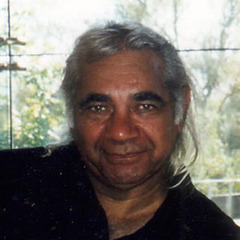Francis Quarles Quotes - Page 4
Francis Quarles (1844). “Enchiridion Institutions, Essays and Maxims, political, moral & divine. Divided into four centuries. By Francis Quarles”, p.31
Francis Quarles (1844). “Enchiridion Institutions, Essays and Maxims, political, moral & divine. Divided into four centuries. By Francis Quarles”, p.49
Francis Quarles (1844). “Enchiridion Institutions, Essays and Maxims, political, moral & divine. Divided into four centuries. By Francis Quarles”, p.51
"Enchiridion". Book by Francis Quarles. Book 3, XVIII, 1640-1641.
The voice of humility is God's music, and the silence of humility is God's rhetoric.
Francis Quarles (1844). “Enchiridion Institutions, Essays and Maxims, political, moral & divine. Divided into four centuries. By Francis Quarles”, p.91
Diogenes found more rest in his tub than Alexander on his throne.
Francis Quarles (1856). “Enchiridon: containing institutions divine, moral”, p.106
"Enchiridion" by Francis Quarles, 1640.
Francis Quarles (1844). “Enchiridion Institutions, Essays and Maxims, political, moral & divine. Divided into four centuries. By Francis Quarles”, p.69
Gold is Caesar's treasure, man is God's; thy gold hath Caesar's image, and thou hast God's.
Francis Quarles (1856). “Enchiridon: containing institutions divine, moral”, p.76
Francis Quarles (1844). “Enchiridion Institutions, Essays and Maxims, political, moral & divine. Divided into four centuries. By Francis Quarles”, p.57
Francis Quarles (1844). “Enchiridion Institutions, Essays and Maxims, political, moral & divine. Divided into four centuries. By Francis Quarles”, p.61
Francis Quarles (1844). “Enchiridion Institutions, Essays and Maxims, political, moral & divine. Divided into four centuries. By Francis Quarles”, p.53
Francis Quarles (1844). “Enchiridion Institutions, Essays and Maxims, political, moral & divine. Divided into four centuries. By Francis Quarles”, p.32
Read not books alone, but men, and amongst them chiefly thyself.
Francis Quarles (1844). “Enchiridion Institutions, Essays and Maxims, political, moral & divine. Divided into four centuries. By Francis Quarles”, p.39







